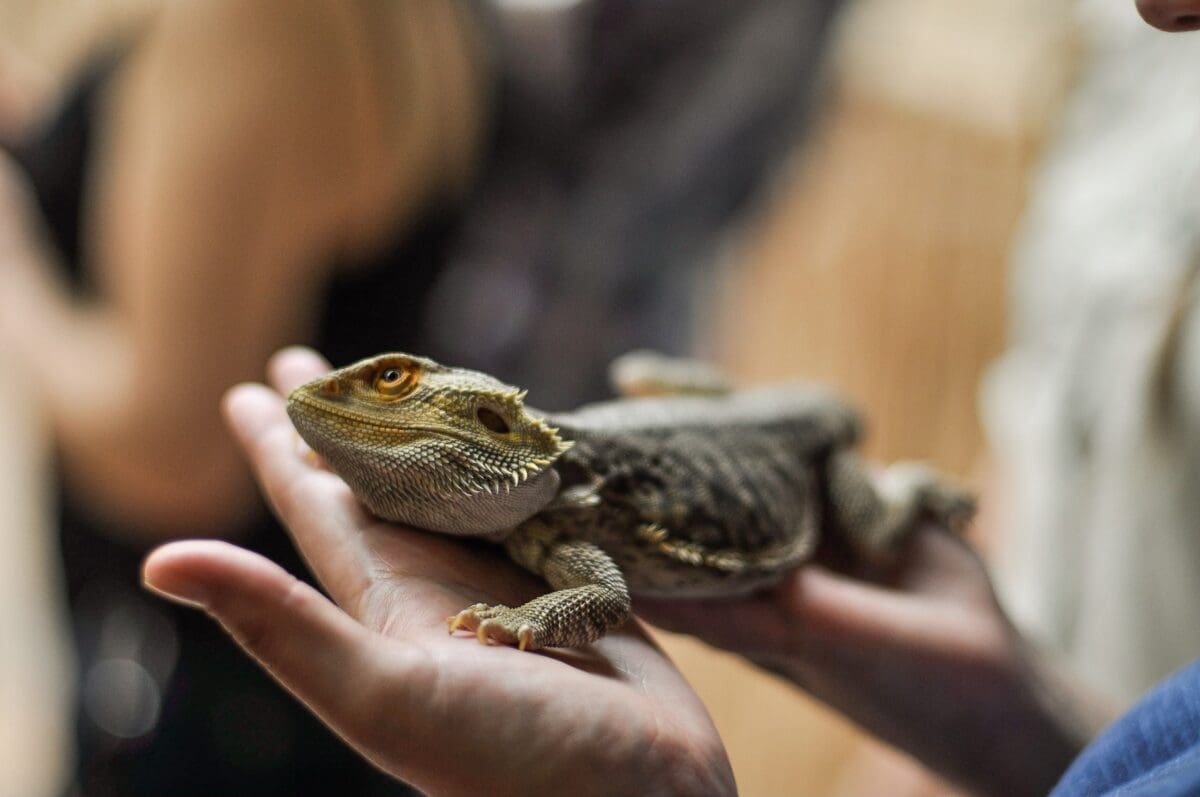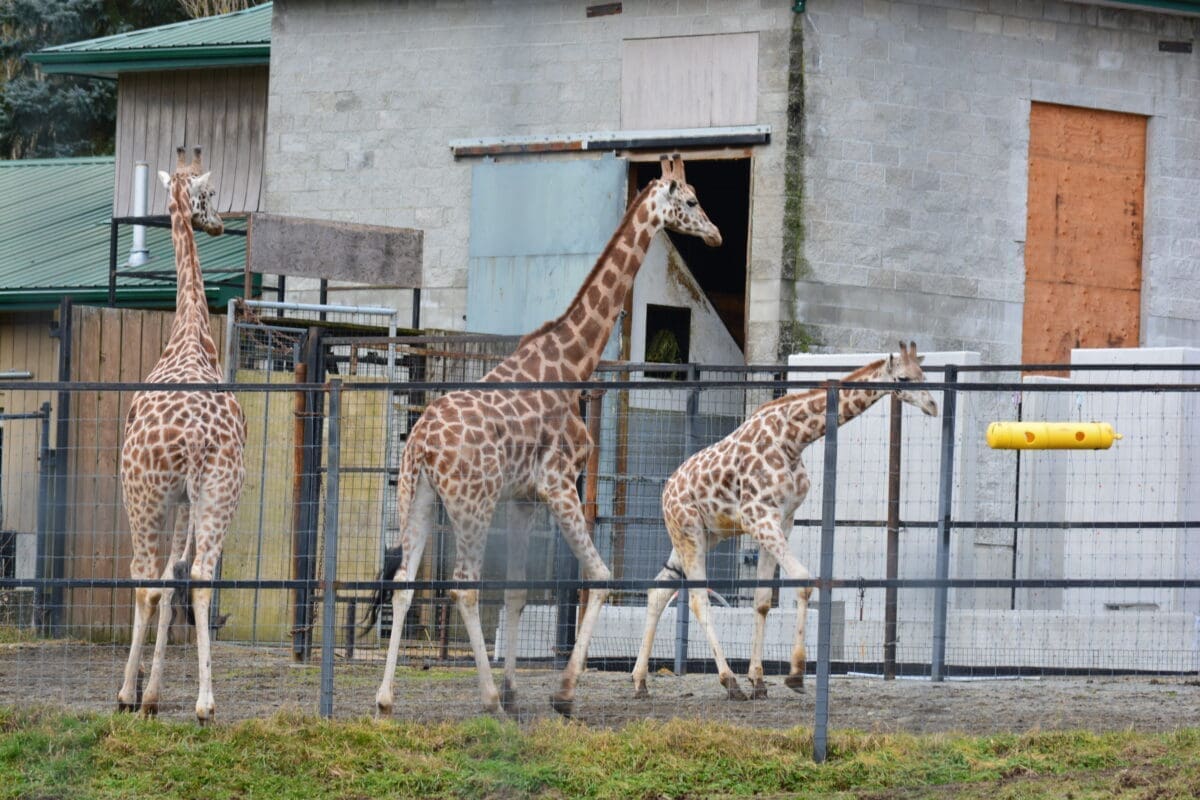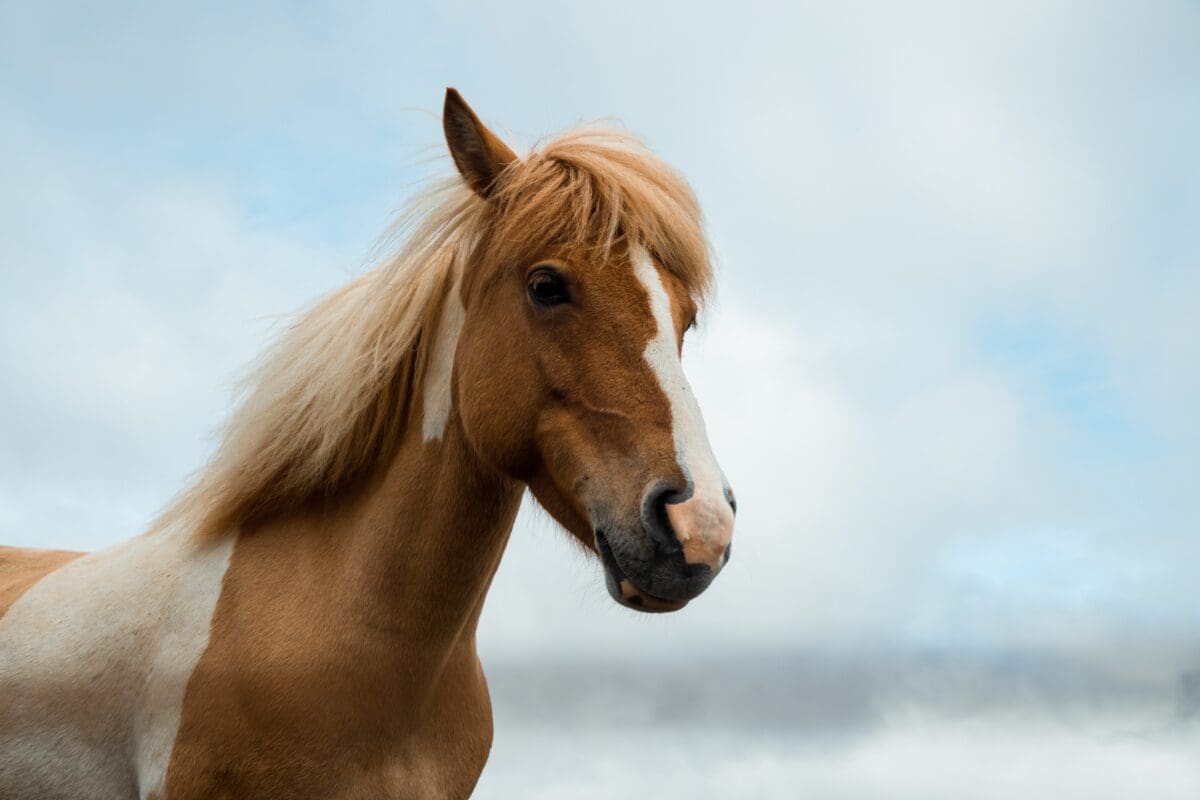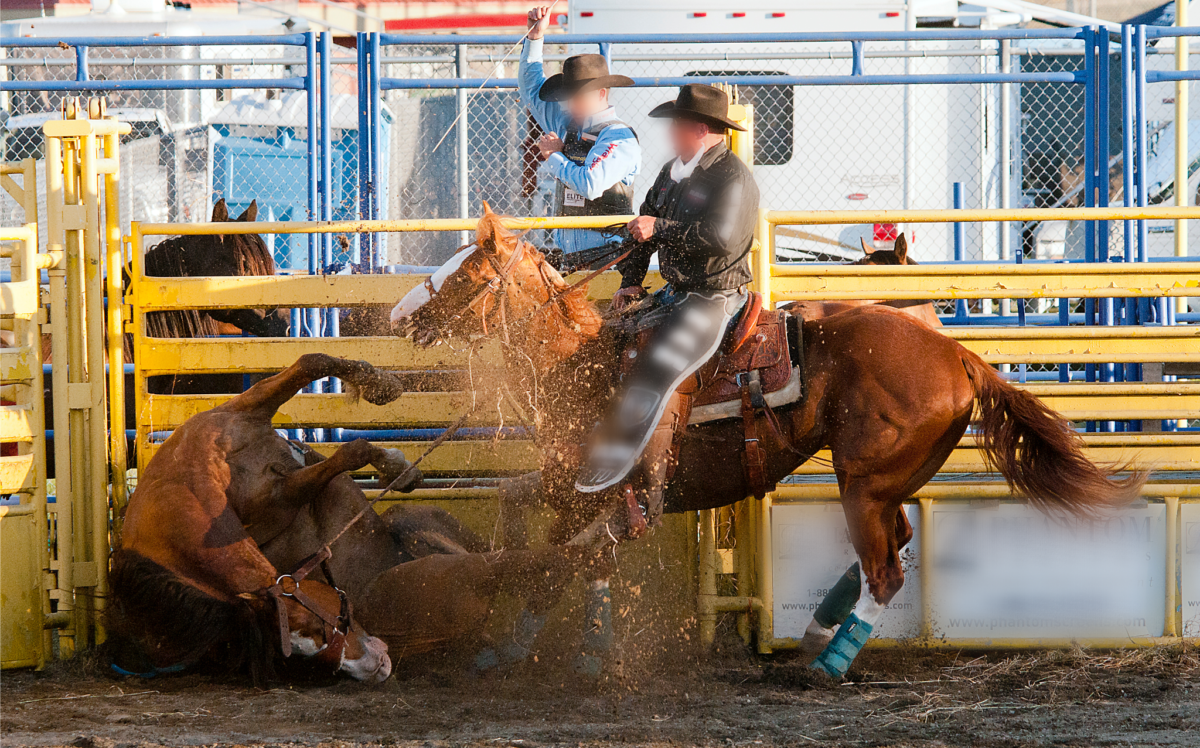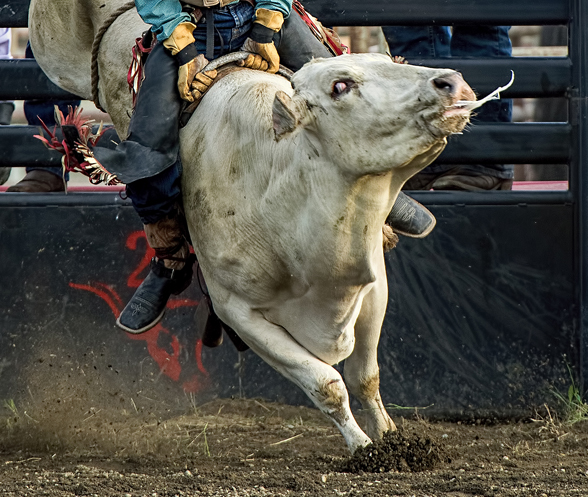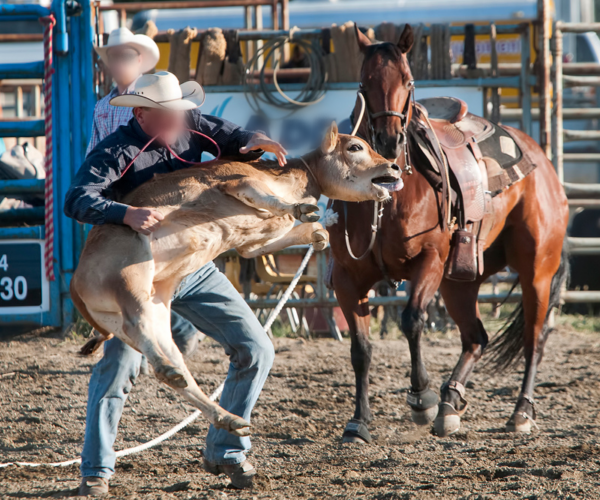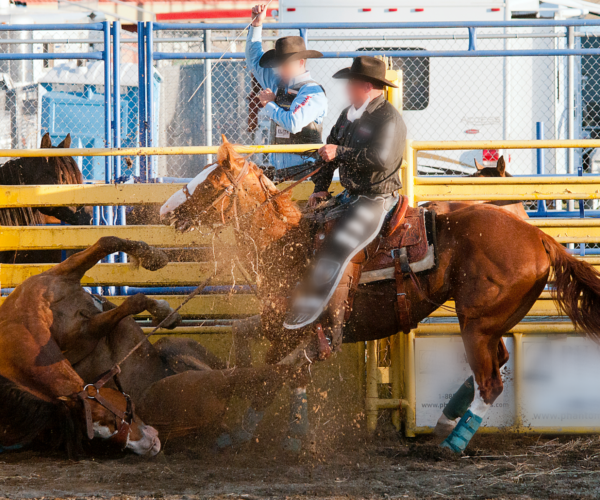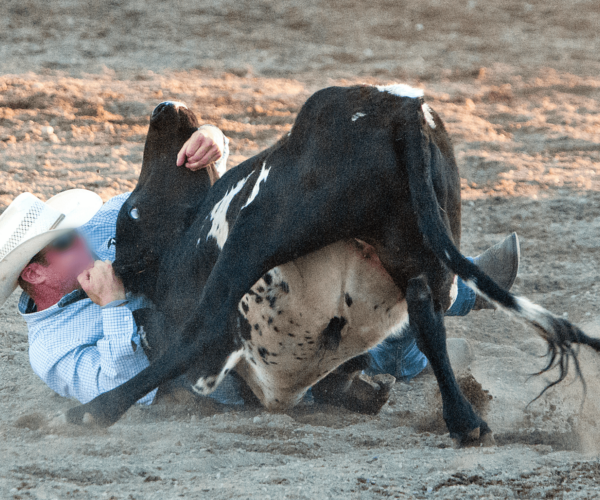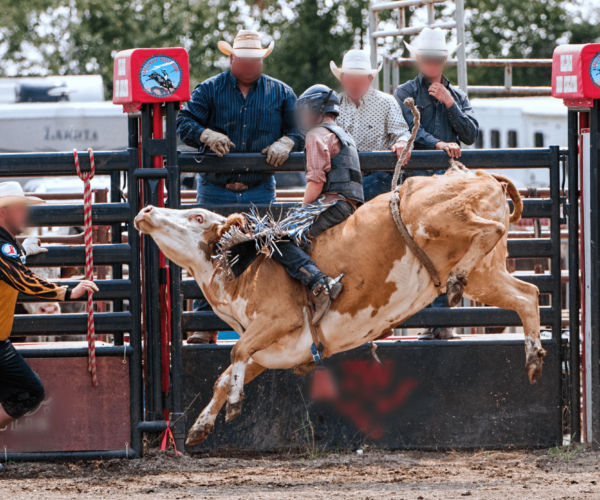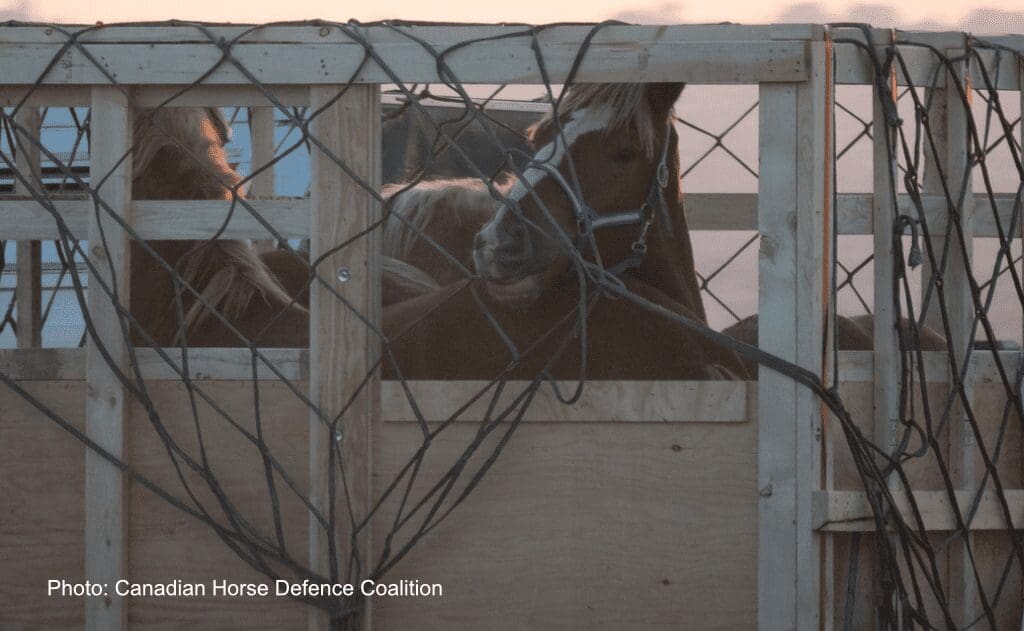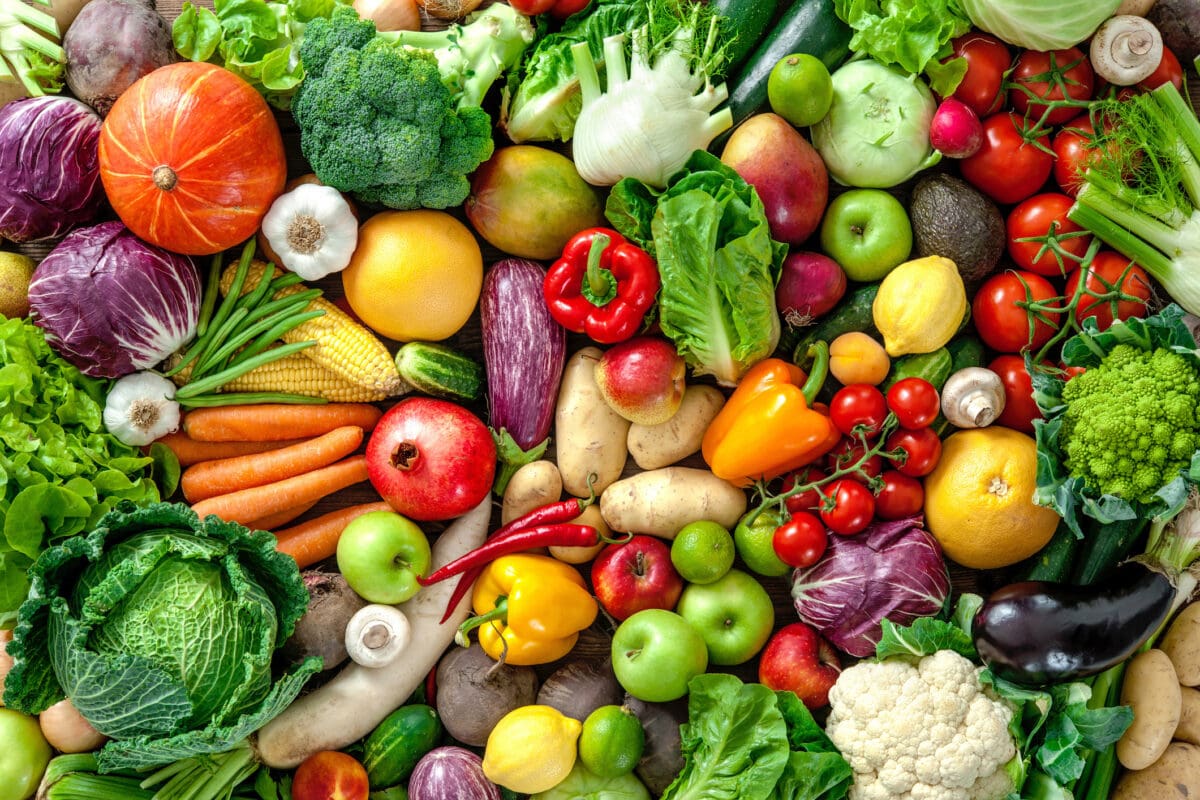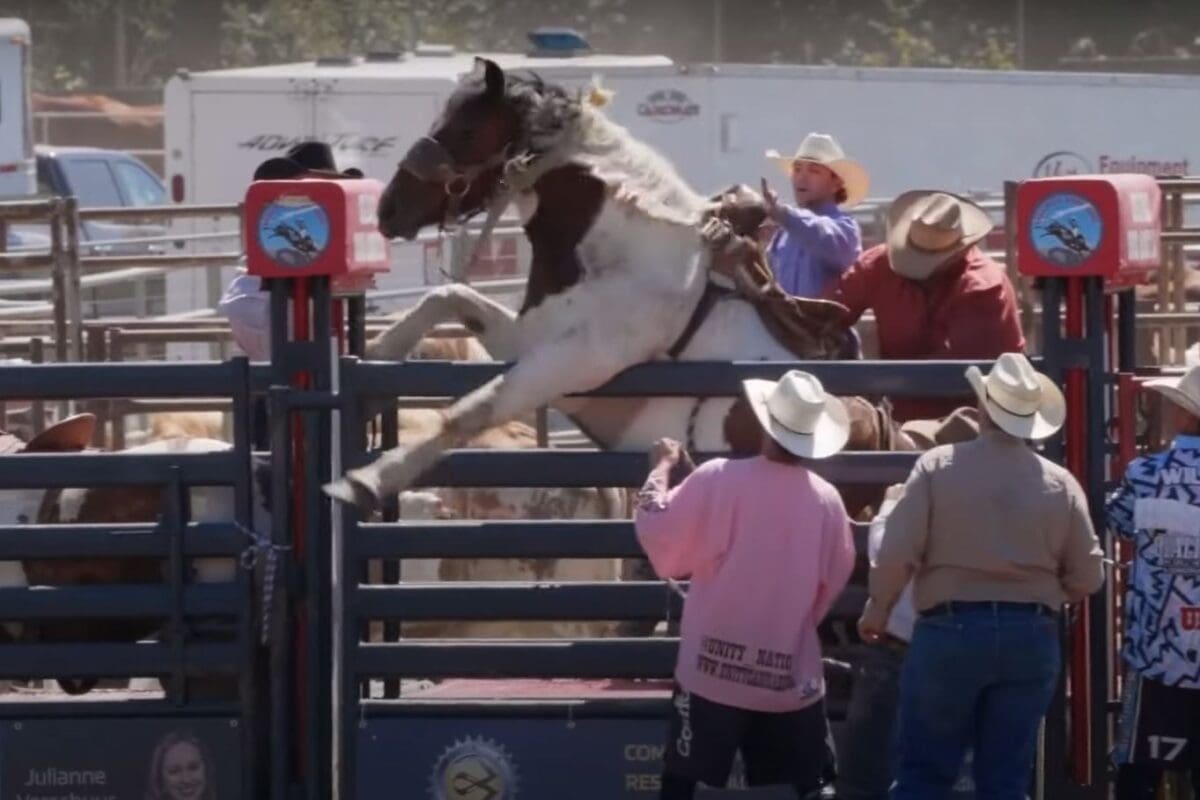January 23, 2025. For immediate release.
The BC SPCA and the Vancouver Humane Society (VHS) are celebrating Port Moody City Council’s decision to prohibit mobile live animal programs, also known as mobile petting zoos, in Port Moody. In addition to farm animals, mobile live animal programs may include exotic animals like reptiles and amphibians. This move reflects growing public awareness and concern for the well-being of animals used for entertainment.
Port Moody Councillor Kyla Knowles introduced the motion in 2023 out of concern for the treatment and handling of animals brought into the community and put on display for people’s entertainment. “The City of Port Moody and its Council extends respect and care to all residents, including animals,” says Knowles. “We believe in gently co-existing with our wild neighbours and ensuring our actions don’t harm them. We lead by example, and banning mobile petting zoos is an easy, low-barrier step to show our commitment to animal welfare in Port Moody.”
The BC SPCA and VHS, along with a number of caring Port Moody residents, expressed concerns about the welfare of animals at mobile petting zoos through letters and presentations to Council.
“The BC SPCA is thrilled to see local governments like the City of Port Moody make progressive policy decisions to enhance animal welfare in their communities,” says Nadia Xenakis, the BC SPCA’s wild animal welfare specialist. “Making our province a safer, more caring place for animals and people requires change at all levels of government and Port Moody has demonstrated that they are a leader in this regard. We encourage other local governments, and the provincial government, to make similar changes to their policies and regulations.”
“We are very grateful to Port Moody’s Council for once again leading the charge in protecting animal welfare,” says Emily Pickett, VHS campaign director. “The residents of Port Moody have demonstrated that they care deeply about animals, and this vote shows that decision-makers are listening to their concerns.”
This is not the first time Port Moody has taken a stand for animal welfare. In 2023, the Council unanimously voted to ban rodeos after receiving strong support from residents.
While petting zoos are often marketed as a fun and educational experience, particularly for families and children, research indicates there is little positive educational value. Mobile petting zoos also present numerous animal welfare and public health and safety concerns:
- Even healthy-looking animals can transmit pathogens (including E. coli, Salmonella and Avian flu) to people and other animals, and stressed animals are more likely to shed pathogens. Young children are most at risk of infection as they’re the least likely to remember to wash their hands after touching animals and have an increased risk of serious illness because their immune systems aren’t fully developed,
- Animals in petting zoos are typically subjected to noisy crowds of people in unfamiliar spaces and have little or no opportunity to hide or rest. They are often handled roughly or improperly by members of the public or even untrained staff and volunteers,
- Baby animals are particularly popular at petting zoos. The demand for a steady supply of baby animals can result in poor breeding practices, the separation of young from their mothers, and an overabundance of species with low adoption and high abandonment rates,
- Transporting animals to and from mobile petting zoos and regularly introducing them to unfamiliar places and situations increases their stress and the risk of injury and distress,
- Stressed animals are also more likely to bite, scratch, kick or exhibit defensive behaviours,
- There are no minimum standards or accreditation for petting zoos in British Columbia, and it is difficult for City staff to determine if the animals are being treated properly when they are not on display to the public.
For more information on the BC SPCA’s advocacy work, please visit spca.bc.ca/ways-to-help/take-action.
For more information on the VHS’s advocacy work, please visit vancouverhumanesociety.bc.ca/our-work/
-30-
For more information:
Nadia Xenakis, the BC SPCA’s wild animal specialist, media@spca.bc.ca
Emily Pickett, the Vancouver Humane Society’s campaign director, emily@vancouverhumanesociety.bc.ca

